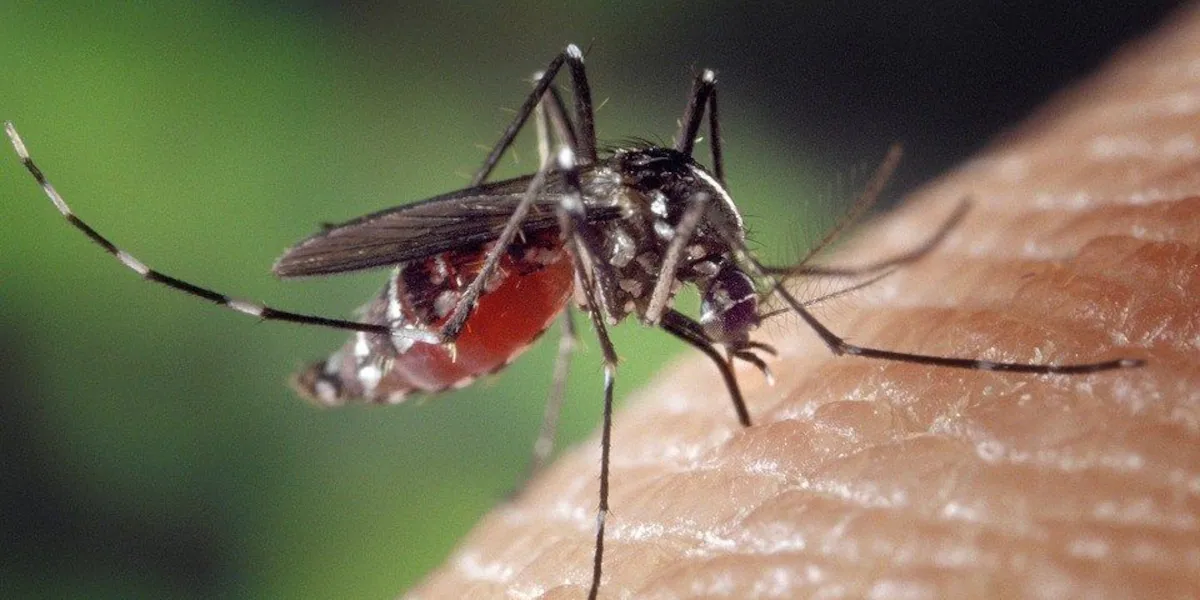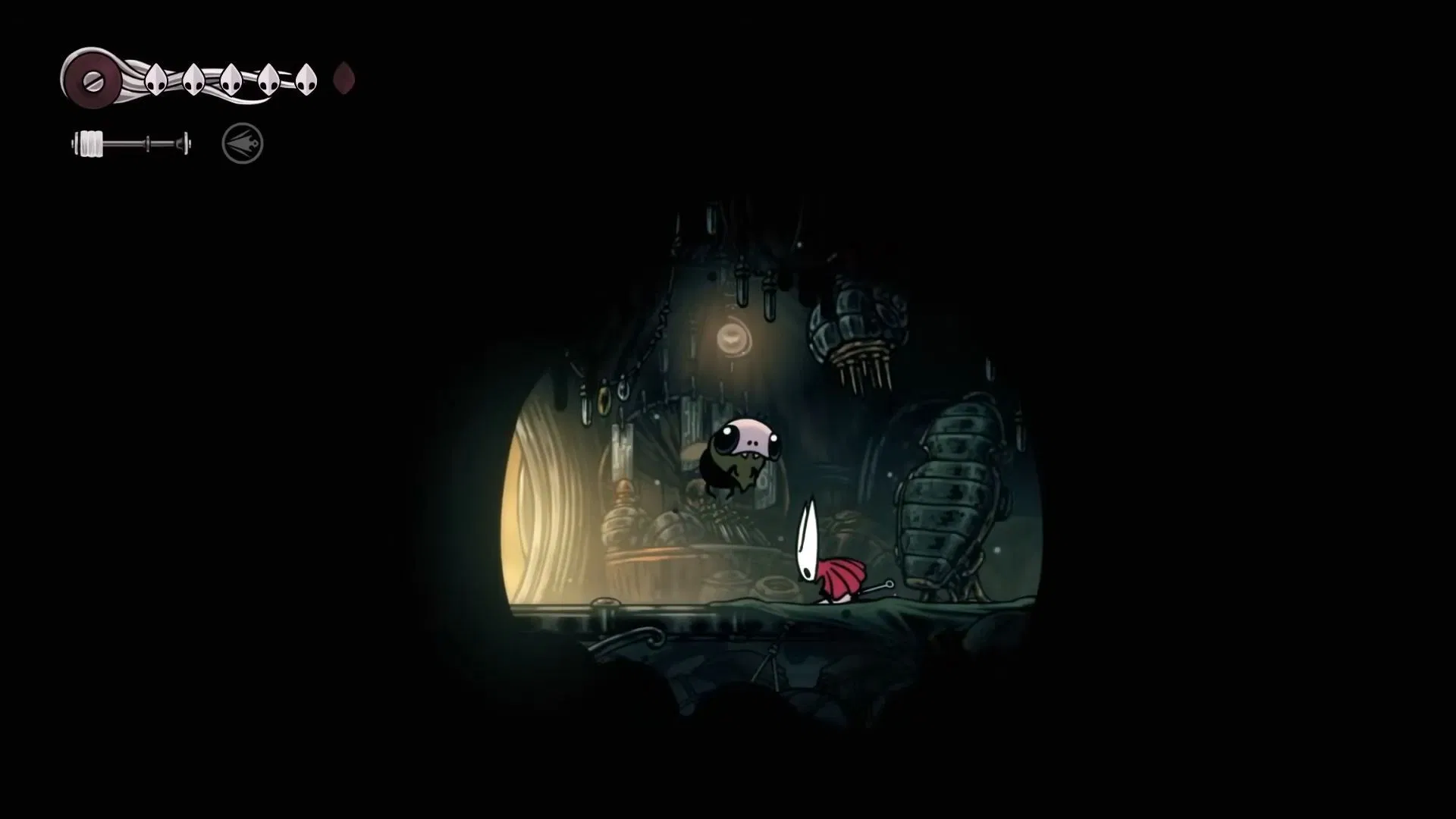A neuroscientist’s surprising health hack: ‘Kind people have lower cortisol – and a lower risk of stroke’
By Nuria Safont
Copyright hellomagazine

From a neuroscientific point of view, what are the benefits of kindness? What if I told you that being kind not only improves your relationships, but also can help you live longer? That’s exactly what neuroscientist Jonathan Benito has discovered: being kind is one of our most effective strategies for survival, cooperation and prosperity as human beings. The world is a tumultuous place – here’s how the expert shows that it’s precisely during difficult times that goodwill and kindness can make all the difference.
Why kindess is key in tough times: a neurologist’s perspective
“At an individual level, being kind is an effective survival strategy because benevolent people relate and position themselves much better in social groups, which gives them better access to resources. At a group level, it’s because positive collaboration, altruistic cooperation and effective communication all lead to the kinds of positive synergies that aren’t generated in anti-social groups. Essentially, friendly, kind people will generally be happier, have fewer illnesses and live longer.
Evolutionary history is full of examples where kindness and prosociality [engaging in behaviours that benefit others, or society] provided an obvious advantage. Look at Homo sapiens and Neanderthals. Neanderthals were stronger, better adapted to the cold and almost certainly more intelligent than us but Homo sapiens prevailed over them. Why? One reason was prosociality.
Neanderthals lived in small coexisting groups and every time they interacted with another Neanderthal group, they would fight. Homo sapiens didn’t behave that way; we were more social, trustworthy and predictable animals who practised what was called intergroup collaboration: we worked together with other groups of humans for a common good, which is a tremendous advantage.
Does being kind equate with being weak?
Despite obvious advantages, a lot of people are afraid to be kind because it might make them look weak or docile. Nothing could be further from the truth; being kind doesn’t mean being weak, naive or submissive. Being prosocial and kind is completely compatible with establishing boundaries, and enforcing them with emotional intelligence and assertiveness. A prosocial person sets boundaries and makes tough choices with a sense of empathy and without resorting to aggression.
Kindness has nothing to do with weakness; it actually requires a tremendous amount of inner strength. Being kind implies having self-control, clear values and a level of maturity that allows you to act with respect even in when you’re in an argument.
The benefits of being kind: a happier, healthier life
Being kind also boosts our health. Science has demonstrated that prosocial, kind people have better physical health, with fewer risks of diseases and a longer life expectancy. They’re also happier and have greater emotional well-being.
Prosocial people have much lower stress levels, so they have lower levels of cortisol and fibrinogen (the clot-forming protien which is related to heart attacks, strokes and other cardiovascular problems). Kindness also helps protects us against anxiety, depression and isolation.
How kindness boosts our profile – and our self-esteem
A prosocial attitude, based on kindness and empathy, is crucial for our social lives as well. It helps us to better relate to others whether at work, with friends or at home. This type of person often inspires respect and admiration from others; when that prosociality is combined with assertiveness and humility, it gives them a privileged position within the group context; their attitude inspires trust, fosters cooperation and helps to build solid, long-term support networks.
Relating to one another with kindess doesn’t just improve the quality of our social lives; it also reinforces our sense of belonging, boosting our self-esteem and making us feel less isolated.
The importance of social intelligence
Another factor that comes into play is social intelligence: the ability to understand, interpret and effectively manage relationships and interactions. It involves empathy, self-control, active listening and the ability to positively influence others – without manipulating them, that is.
From a neurobiological approach, we could say that social intelligence is a sophisticated form of cooperation between different brain areas: the amygdala (emotional processing) and the prefrontal cortex (decision-making and impulse control). People with high social intelligence not only read others better, but also are able to better self-regulate their own emotions.
On a personal level, social intelligence strengthens emotional bonds, reduces conflicts and improves emotional well-being. In your career, it can be quite a strategic asset. Leaders with high social intelligence create more collaborative environments, inspire trust and achieve greater cohesion in their teams.
It’s no coincidence that it’s one of the competencies that we’re seeing increasingly valued in the labour market when it comes to selection, leadership and promotions. You might have a high IQ, but if you don’t know how to relate to people – repectfully influence them and build strong relationships – your potential is going to be limited. Social intelligence is the bridge between talent and the real-life impact that talent can have in the world.
How to be kind but assertive: skills to learn
Learning how to be assertive requires knowing how to communicate well, but you also have to learn to respect yourself in order torespect others. Some of the most important skills to work on daily are:
Saying “no” without feeling guilty – it’s essential for protecting our time, energy and priorities. Every “yes” we give out of obligation is a “no” we’re giving to ourselves.
Expressing your needs and emotions clearly and respectfully, using first-person phrases (“I need,” “I feel”) instead of blaming or accusing others.
Setting boundaries firmly, but kindly. This will help you maintain your integrity without falling into unncessary conflict traps.
Listening actively without interrupting, showing empathy even when you disagree.
Paying attention to body language: posture, gaze, tone of voice and personal space can communicate a message as much as words can.
Responding with a pause instead of reacting impulsively. Let your emotions cool down before answering.
Using communication strategies like the “Sandwich Technique”. “Sandwich” constructive criticism between two positive statements. For example: “I’ve noticed you’ve put a lot of effort and work into this project, but it could be more visual. I’m sure with a few tweaks the result will be perfect.”
Essentially, being assertive is a mature form of kindness. Think of it as a tool that allows us to build healthier relationships, protect our well-being and gain real influence through respect.
Being kind when you’re angry
Let’s face it though, when we’re angry, it’s harder for us to act with kindness. Why? Because when we’re immersed in a conflict, we tend to become more emotional beings, leaving our rational side behind. In the midst of conflict, our brain perceives a threat – whether to our ego, our status or even our sense of justice – and switches into defensive mode.
If you haven’t taught yourself how to self-regulate, the amygdala [the part of your brain that handles emotional processing] takes control and displaces the prefrontal cortex, which is what allows us to manage our behaviour, assess consequences and maintain self-control. That’s why we react impulsively when we’re arguing, even though we know logically that we should respond calmly.
Fortunately, managing conflicts with respect and a sense of calm is a skill that can be taught. In my Spanish-language book, The Power of Kindness, I outline several specific strategies, including:
The “emotional hot coffee” technique: Let your emotions cool down before you act – especially when it comes to important emails or decisions.
Conscious breathing, such as the 4-7-8 technique (inhale for a count of four, holding the breath for a count of seven, and exhale for a count of eight) to reduce your body’s physiological reaction to stress.
Anticipatory visualisation: Visualise situations where you usually lose control and mentally rehearse a calmer response.
Meditation: Practising meditation will strengthens your self-control and improve thought management.
Remember that responding with respect while you’re arguing isn’t a sign of weakness. It’s the result of a trained mind, emotional intelligence and a willingness to build bridges, not destroy them. Like all skills you want to learn, it might seem really difficult at first, but the impact it will have on your relationships and your well-being will be well worth it.
Kindness and romance: How to practise gratitude in your relationship
Kindness and gratitude play an absolutely essential role in romantic relationships. Gratitude is one of the invisible pillars that sustain long-lasting ones; when we express genuine gratitude, we strengthen our bond and validate the other person. The couple becomes a safe emotional space, where each person feels that they matter and aren’t taken for granted.
From a neuroscience standpoint, we know that gratitude activates the reward system in the brain and generates a feeling of well-being, both in those who expressing gratitude and those who are receiving it. And that shared well-being strengthens the emotional bond because gratitude is a way of both caring, and repairing
Active listening is another advanced form of love. Listening to your partner with genuine interest, without judgement and without interrupting, is one of the most generous and empathetic acts that exists. Truly listening is saying, “You matter to me.”
We don’t need over-the-top, grand gestures in romantic relationships. We need to feel that our partner sees us, values us and understands us – something that’s achieved with expressing gratitude and being present.
That said, gratitude and active listening aren’t things that just happen naturally. They both require awareness, humility, and practise. But when they do finally become habits, they’ll radically transform your relationship.
Self-control when arguing when your partner
Kindness is crucial when you have a conflict, because it is precisely during an argument when it’s the most difficult to exercise self-control. When a couple argue, feelings of anger, frustration or disappointment automatically activate the amygdala for a defensive or aggressive response. If we don’t change our behaviour, the result is usually an impulsive, hurtful reaction.
This is where the key role of self-control comes in: thanks to the activation of our brain’s dorsolateral prefrontal cortex, we can curb that immediate impulse. We can think before speaking, and choose a more respectful response that’s aligned with our true values and with the bond we want to protect. As I explain in my book, self-control can be learned. Couples who learn to be kind even in tense moments aren’t going to avoid conflicts, but they’ll be able to manage them with emotional maturity.
Can you learn how to be tolerant, empathetic and kind?
Yes, it’s possible to learn. Empathy, kindness and tolerance can be developed with practice. In fact, I explain how to do it in my book. Being respectful even if you’re angry, listening attentively even if you’re tired or choosing to be kind even if your initial impulse is otherwise, isn’t being fake: it’s emotional maturity. It’s understanding that we shouldn’t always act as we feel – we should act as we choose.
Neuroscience backs up this theory: our behaviours modify our brain. When we repeat certain kind gestures or attempts at understanding, even if they don’t come naturally, we’re generating new neural connections that, over time, facilitate more natural responses. You can train your brain just as you can train your body.
About the expert:
Jonathan Benito is a Neuroscience professor and researcher of at the Autonomous University of Madrid. He is author of the Spanish-language book The Power of Kindness (El Poder de la Amabilidad – Ed. Planeta).



